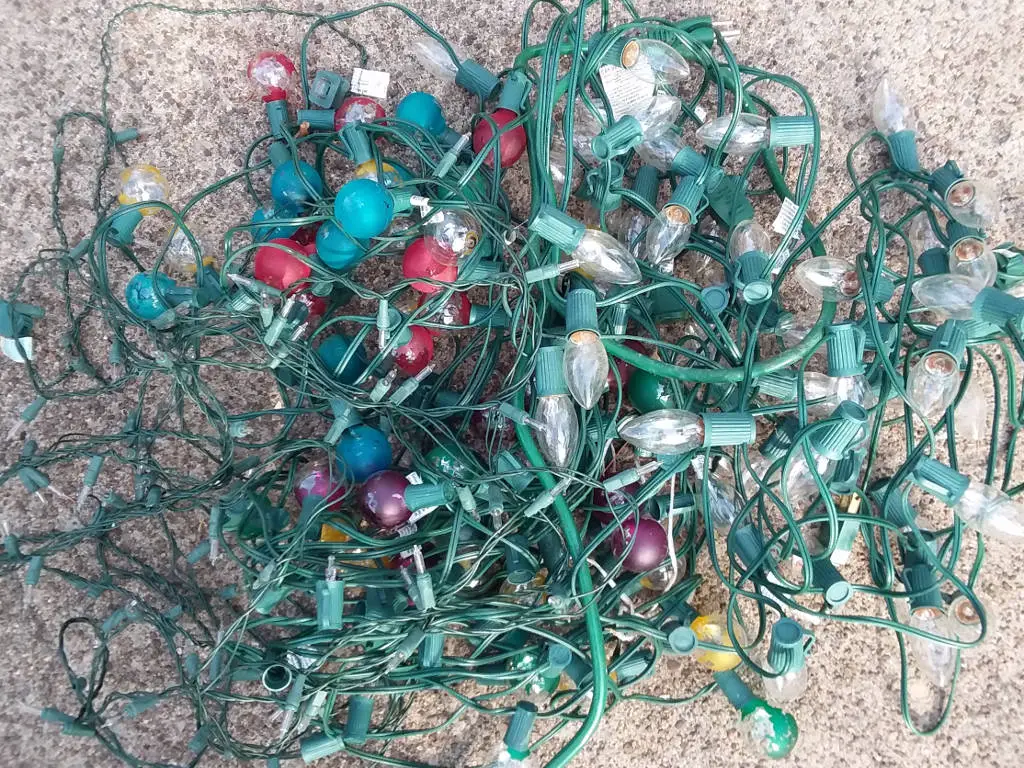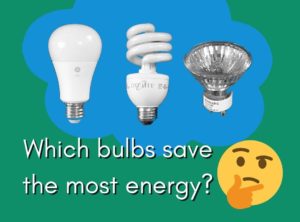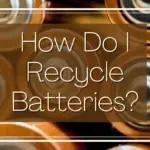Can I Recycle Light Bulbs?
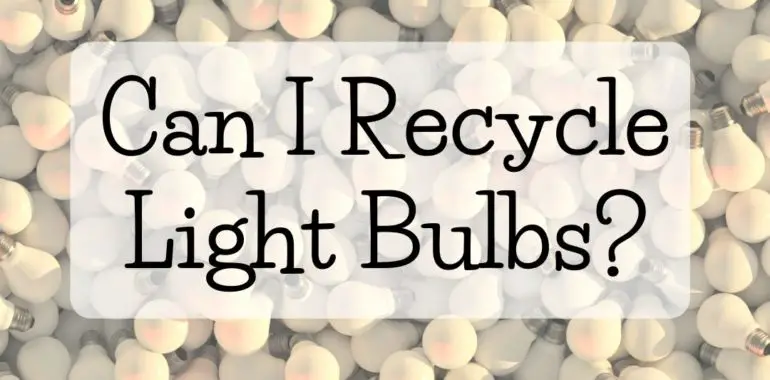
Can I Recycle Light Bulbs?
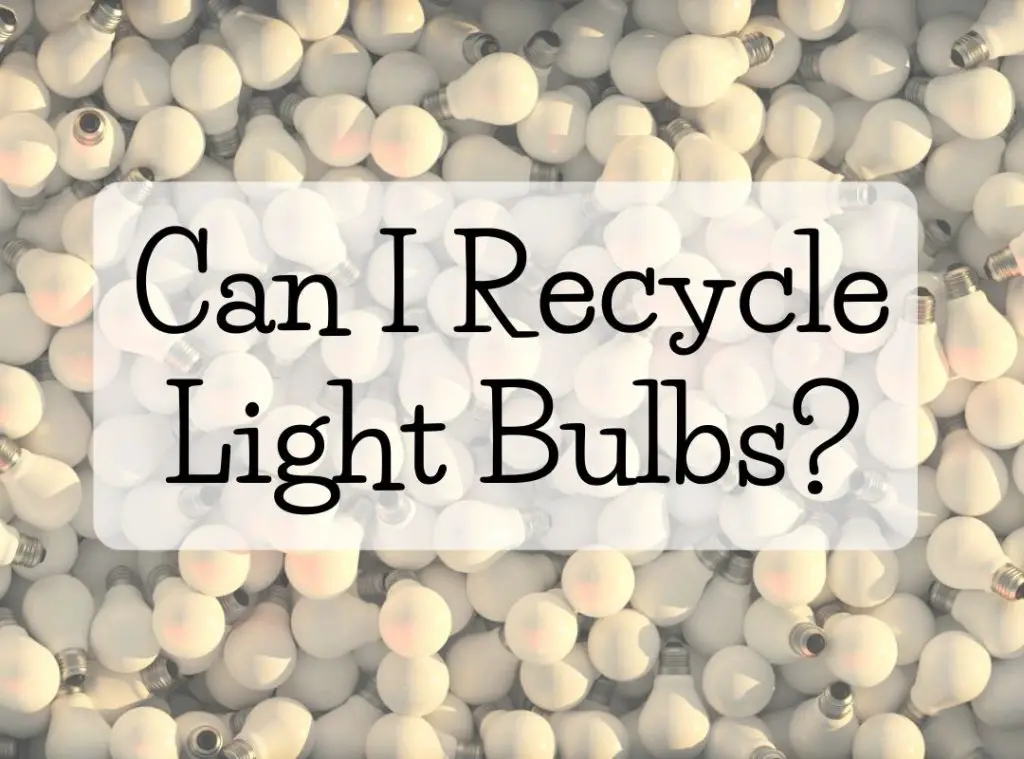
Light bulbs are tricky items when it comes to recycling. They are made of glass and metal and usually a few other materials. Plus some contain potentially toxic materials. So it is important to know how to dispose of them properly and legally. Here are the rules on how to recycle light bulbs, and guidelines on which ones you can recycle and which ones you can’t.
Understanding light bulb types
All bulbs are not created equal when it comes to recycling, so first you need to determine what kind of bulb you have. Most home lighting will consist of one of the following four types:
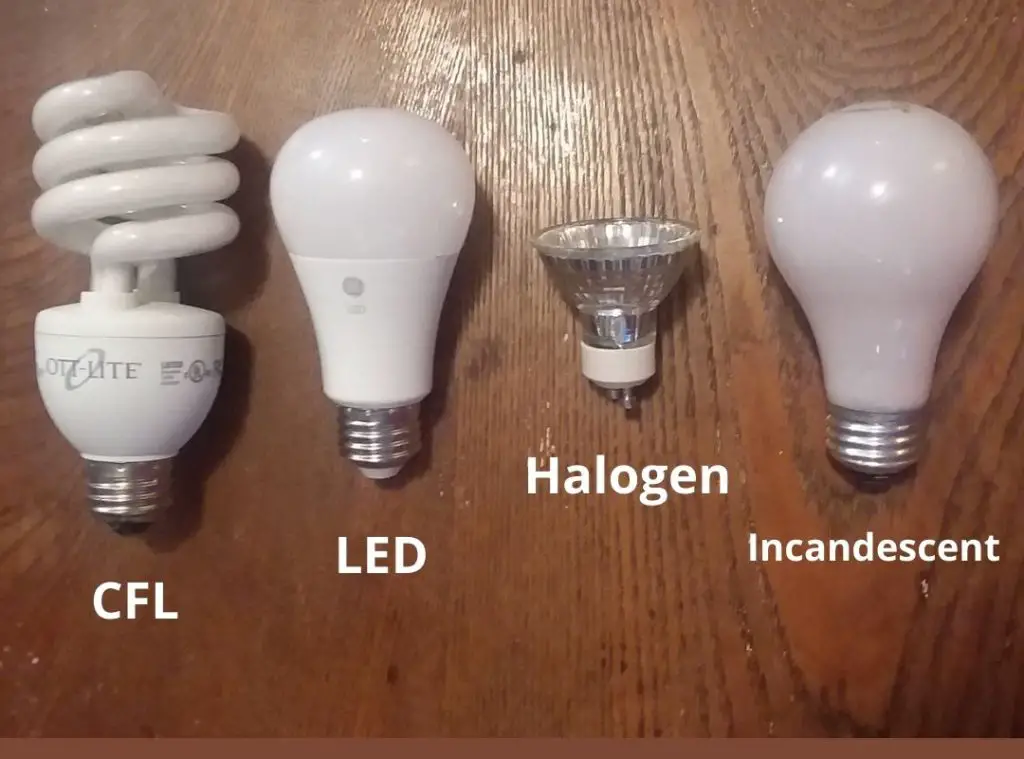
Incandescent – These are the old style traditional light bulb that emits light by heating a metal filament. They are delicate, easily breakable and don’t last very long.
Halogen – These are the type of bulbs that are often cone-shaped or bowl-shaped with a shiny, mirrored interior to reflect the light outward. They are usually used in track lighting, recessed lighting and so on.
LED (Light-Emitting Diode Bulbs) – These are the newer, more energy-efficient bulbs that last much longer than traditional bulbs. They are generally shaped like a traditional incandescent bulb, but are heavier and are made of a plastic or metal material on the bottom half. Newer string lights are also often LEDs. See this article for info on recycling string lights.
CFLs (Compact Fluorescent Light Bulbs) – These are fluorescent bulbs that often come in non-traditional shapes like a corkscrew. Those tube lights in office/corporate ceiling fixtures are usually also fluorescents. They contain mercury and must be disposed of carefully.
Your bulbs should hopefully be labeled as to what type they are, so use that as a guide to determining what to do with them.
Which types of bulbs can be recycled?
First of all, none of your light bulbs should go into your curbside recycling with other types of glass or regular recyclables. You will have to take them somewhere that accepts bulbs.
The one type of bulb that should definitely NOT be thrown in the trash are CFLs. CFLs contain mercury and should be treated like hazardous waste. In many states, CFLs MUST be taken somewhere to be recycled, it is illegal to throw them in the trash. Visit the EPA website for a current list of states that have laws requiring the recycling of these types of bulbs.
Regardless of whether your state has a law against throwing CFLs in the trash, you should try to recycle them so that they can be disposed of safely.

Safety Warning About Broken CFL Bulbs
Be aware that a broken CFL bulb releases dangerous mercury into the air! If you break a CFL bulb, get everyone out of the room as quickly as possible and open the windows to air out the room. Then follow the rest of these EPA CFL bulb cleanup safety guidelines.
Where to recycle light bulbs
Most hardware and home supply stores that sell light bulbs will have a program for accepting CFLs for recycling. You should be able to return them to most Lowe’s, Home Depot stores, Batteries+Bulbs, Ace Hardware, etc. Call ahead to see if there are any special requirements for packaging them safely for drop-off.
Can I recycle non-CFL bulbs?
Recycling for incandescent, LED and halogen light bulbs is more limited. Here are your options:
Light bulb drop-off programs – Your city or county may offer drop-offs for certain types of bulbs, or you can check with your local hardware store. However, chances are that the only bulbs most communities and stores will accept will be CFLs, and possibly string lights around the holidays. (Visit this article for info on how to recycle string lights.)
Batteries+Bulbs – If you have a Batteries+Bulbs store near you, they do take all bulb types for recycling. However, they may charge a fee to accept certain types of light bulbs, so call ahead to your local store to get the current costs.
Light bulb mail-back recycling – There are also light bulb mail-back recycling programs, but you have to pay for these services and it’s not cheap. For instance, the BakPak bulb recycling program costs about $100 to buy a box you can fill with bulbs to mail back. Unless you are a business going through a LOT of bulbs, this option doesn’t make much sense.
Otherwise, your non-fluorescent bulbs will have to go in the trash, unfortunately.
If you are aware of a company that recycles light bulbs that I have not mentioned, please let me know!
Related: Comparing Energy-Saving Light Bulbs

